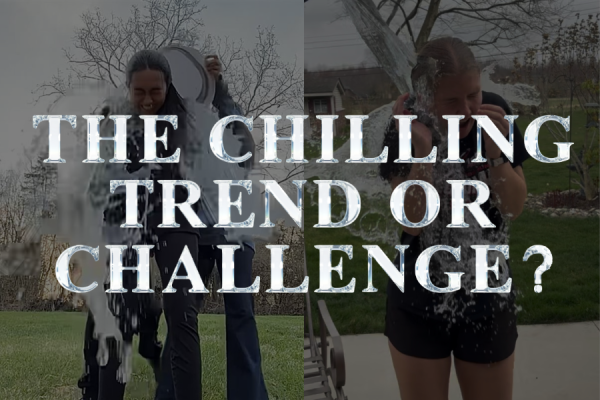Debate students enjoy arguing current events
“You get to argue… in school,” senior Ryan Pakledinaz said. “What could be better?”
While the world of debate may seem dry on the surface, students that take the time to participate soon discover that it is “dynamic and engaging,” according to Pakledinaz.
Debate students are given complete freedom when creating bills, which are thoroughly researched before being written or presented.
“I love debate class,” senior Kelli Daniels said. “Getting to hear various opinions about current events really keeps me up to date on what is going on in today’s society.”
In addition to participating in class, for a grade, debate students travel to competitions several times throughout the school year. Their first competition was held in October, and despite missing several preparation days due to inclement weather, debates continued, although there was low attendance.
“Alex Will and I were the only ones who showed up for our competition at Notre Dame,” Pakledinaz said. “It was a blast because it was such a small group. There was only one chamber, so we had a lot of time to joke around.”
Debate students were happy when the Great Lakes Debate League asked whether or not they should continue sponsoring events that followed a theme. Overwhelmingly, debaters voted to end the themes.
“In the past, themes created monotonous sessions containing only minor differences in bills,” Pakledinaz said. “It made for bills that were very similar, and very boring. This year we do what we want because a pirate is free.”
When bills are ready to be presented, speeches must be written with approximately five-hundred words, and debates must be no longer than three minutes long.
“Debate as a whole is a great experience,” junior Alex Will, who was twelfth in the first supersession, said. “You can discuss politics with them in a civil matter.”
Students are asked in their bill to affirm or negate a bill. If a student takes an affirmative stand, it means they are for the bill they are debating. If a student is negating a bill, he or she takes a stand against it.
When debating, the student speaking has to back up what they say with facts not speculation.
“I wrote a speech about gay marriage,” senior Dana Demo said. “Most people agreed, but a few people disagreed, mainly for religious reasons.”
Judges and other members cross-examine the speech the student just gave. This process is designed to make students better public speakers.
“I think it’s an eye opening experience into the mind of another person’s political views,” junior Jacob Stout said. “As a society we have very narrow mind sets and usually don’t listen to others, but debate lets us be free with our views and beliefs.”
Chambers are also divided into two houses, the senate and the house of representatives. The senate actually has power over some aspects of debate, senate chooses presiding officers, the bills being debated, they have veto power, and can kick unruly students out.
“Honestly, I love debate, it’s a lot of fun,” senior Ryan Pakledinaz said. “When you enter the chamber you get into a mind set that you are actually in the government and what you say really matters.”
Your donation will support the student journalists of Utica High School. The Arrow appreciates your help to keep us up and running.







